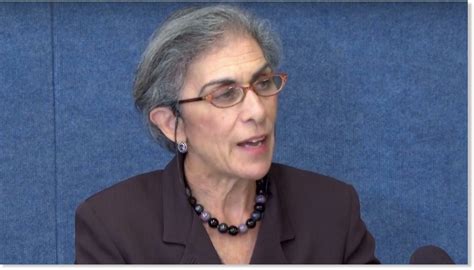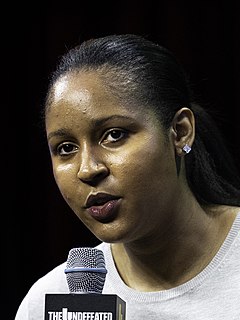A Quote by Michelle Alexander
We need transformational change of our criminal justice system - not just, you know, a handful of consent decrees or policy reforms.
Related Quotes
People who know the economy is rigged in favor of big money, people who know that our middle class continues to decline and we have to go outside of establishment politics and economics, people who know that we need to reform a broken criminal justice system and we need comprehensive immigration reform.
Our current criminal justice system has no provision for restorative justice, in which an offender confronts the damage they have done and tries to make it right for the people they have harmed. [...] Instead, our system of "corrections" is about arm's-length revenge and retribution, all day and all night.
A lot of the problems we have in our criminal-justice system, you know, the problem of over-incarceration, the problem of prosecutorial abuse, the problem of just this sort of mass crop of people, of plea bargains, they all have to do with the system being overloaded. If crime was lower, many of the problems would go away.
The fact that more than half of the young black men in any large American city are currently under the control of the criminal justice system (or saddled with criminal records) is not - as many argue - just a symptom of poverty or poor choices, but rather evidence of a new racial caste system at work.



































